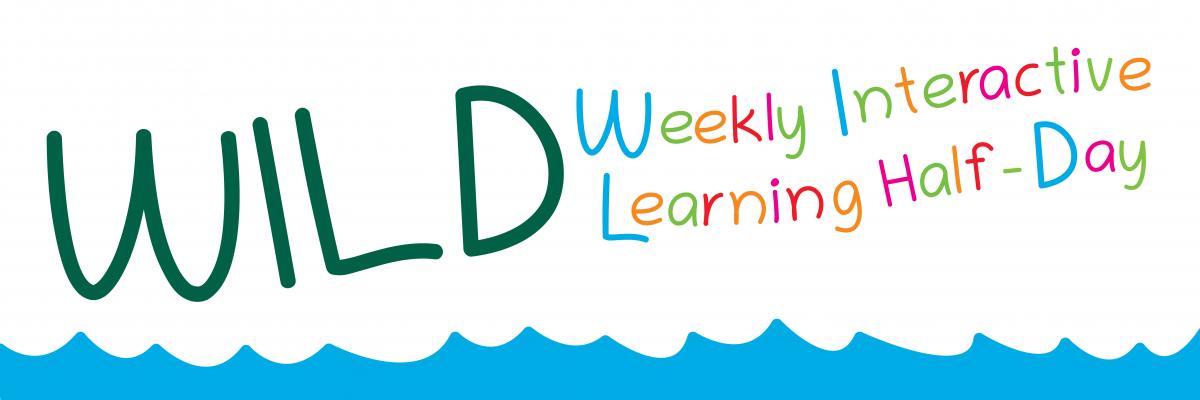Every residency program is required to provide structured educational content. At the Tulane Pediatric Residency Program, we feel strongly that that these sessions should be interactive and fun! We know that adults learn more effectively and efficiently when they interact with the material being provided, and when it’s relevant and problem-centered.
When you think about didactics, was is your first mental image? Is it a lecturer reading off their PowerPoint slides in a darkened room, with most of the audience either focused on eating their lunch or stepping out to return pages from nurses? This is the way things are often done; unfortunately, it is a method that leaves listeners with retention of approximately 20 percent (and that's a generous estimate, according to best educational evidence) of what they have heard – not exactly an efficient way to spend your limited time as a resident.Read More
In 2010 Tulane embarked on a different course, implementing a new curriculum of team-oriented, case-based learning, now called WILD (or Thursday/Friday School as it is affectionately known by our residents). For three to four hours on Friday afternoons, interns give their pagers to senior residents and participate in learning activities that emphasize active thought, use of learning resources, and practice of best evidence-based medicine. Working in teams of six or seven interns, they assess clinical scenarios, compete with each other in game-formatted challenges, and interact with faculty brought in to discuss salient points from the day's material.
On Thursday afternoons, senior residents take a break from their clinical duties to experience their own version of WILD. Resident Thursday School sessions are geared toward higher-level management issues, and include time to review information from the subject material that will be likely to appear on pediatric board exams.
In WILD, learning takes place in an environment of protected time, with no interruptions for answering pages and no need to leave early to attend to ward matters. The curriculum is built around the content specifications for the American Board of Pediatrics certification exam (a 300-page list of everything the APB wants you to know for the exam), and is staggered in such a way that all topics are covered in a 2-year period. The board-relevant content is supplemented with clinical correlations and pearls - while we want you to be prepared for your boards, we also want you to know how to be a well-rounded pediatrician!
The results? When we first adopted WILD in 2010, pre- and post-surveys of residents who participated in both models were overwhelmingly positive - of the roughly 90% of residents who responded to the survey, 100% preferred the new methodology. Our Associate Program Director, Dr. Jessice DeBord, presented our WILD curriculum at the Pediatric Academic Society (PAS) conference in May 2013, and at the Pediatric Excellence Across the Continuum (PEEAS) conference in October 2013. Our decade of experience with the “academic half-day” format that is becoming increasingly popular around the country has given us lots of time to figure out how to make it work best for our residents, and we continue to refine the structure and methods we use to keep up with the evidence around how to best help adults learn, retain, and apply material.
One of the additional benefits we have experienced since adopting WILD: It is clear when one walks into the classroom on Thursdays and Fridays that our interns and residents enjoy the chance to come together with their classmates to teach and learn from one another; the impact on class solidarity and morale has been significant and tangible.

